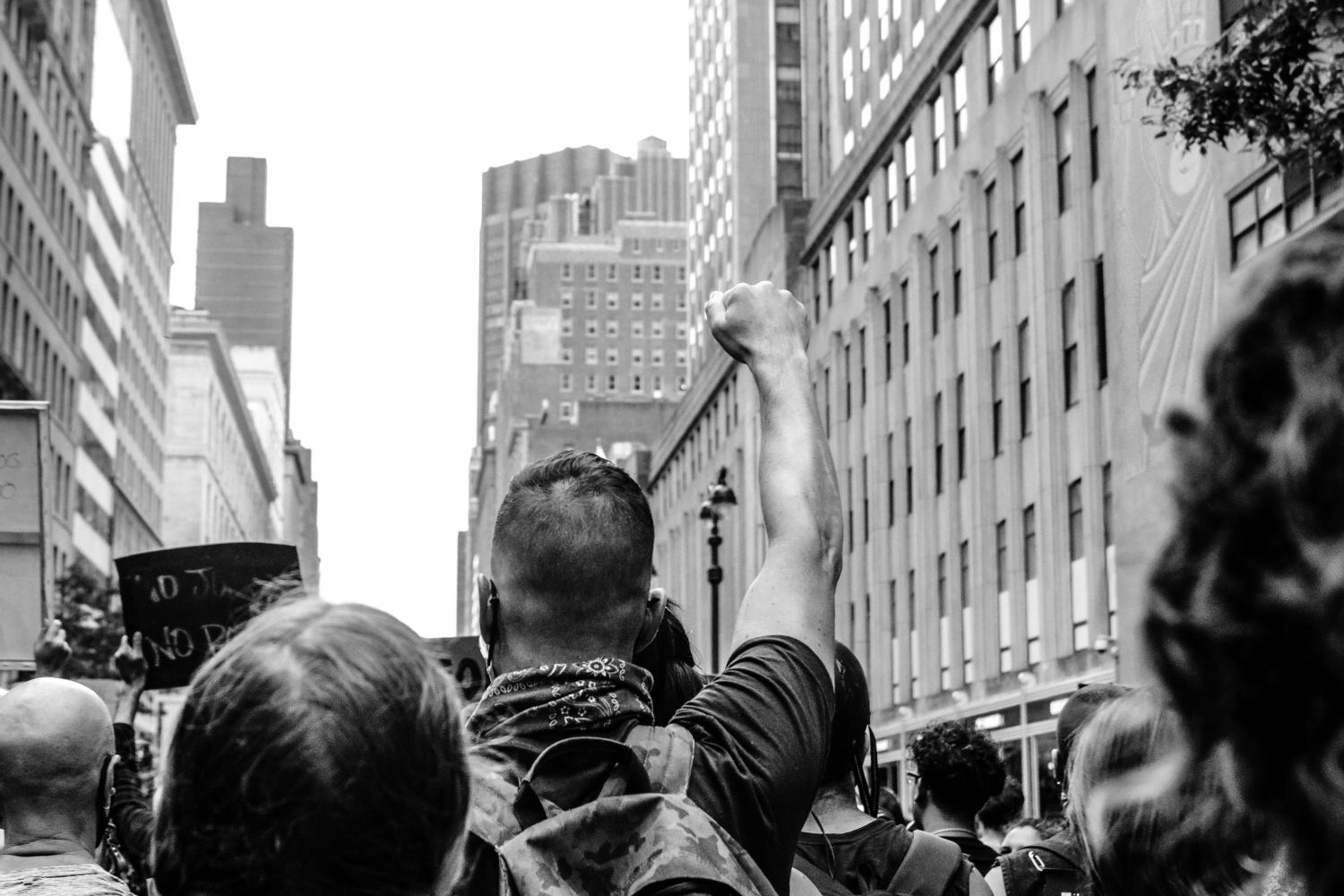OPINIONS
Anna Kynthia Bousdoukou
5 July 2024
Emotions are driving much of our discussion about politics today. In scholarship as in the media, many raise concerns about the role emotions play in democratic processes. Rage, resentment, fear, and other primarily negative emotions drive voters’ views about anything from the economy to immigration. How should we think about the role of emotions in politics? Should the ideal voter make decisions exclusively by relying on their rational, reasonable thinking, or is there room for emotions in politics?
If you read contemporary studies and public debate about politics, you will mostly encounter concern about the role of emotional reactions to political conditions. Voters’ anger about politics, fear for democracy, or concerns about immigration and the economy seem to be shaping the political map.
But emotions have always been a vital part of democratic politics. Plato thought about politics – or statecraft – as inseparable from the cultivation of human dispositions, or soulcraft. For him, the shaping of our ideas, views, and emotions were an essential part of our political engagement. In the Athenian form of democracy, citizens were invited to share their views, feelings, and positions directly with their leaders, to elect those leaders and to hold them accountable, in a shared collective process visible to all.
Today our involvement in politics is different: in the modern world we no longer practice direct democracy, and we have only mediated access to our leaders and elected officials. But our emotions are still here: we all have them, and today we have more ways to share them, through the content we create and respond to on social media. In a way, social media is then democratizing the political process again: it is human to have emotions, to have feelings about policies or current conditions we experience. We operate as citizens, but also as public speakers and actors, when we express our views, feelings, and positions about matters of public concern. And politicians need to take our views and positions into account, during election season when they are looking for our votes, and ideally at other times as well. In this way, the intersection of our emotional responses to public matters, and the availability of venues through which to share them, have the potential to make a democratized public sphere, teeming again with voices clamoring to be heard, and with feelings to be acknowledged.
As in older days, politicians are looking for ways to utilize these public spheres and to mold them into contexts that generate votes for their side. They still attempt, through marketing and campaigning techniques, to activate our emotions so that we are more likely to support their platforms. Our fear of the unfamiliar, our pride in our places and ways of life, our embarrassment or shame about economic conditions in which we are caught up—all of these feelings can be identified through our media consumption and social media usage and harnessed politically. Individual and group feelings are then cultivated and emphasized in ways that make them more prominent to us and to others, and whipped up to ensure our participation in elections and related political efforts. Our emotions, which often are a part of what gets us involved in politics in the first place, thus become a key way for politicians to direct our actions.
To preserve and strengthen our democracy we need to make room for emotions in politics, but not to give up our agency and our capacity to control the decisions that each of us makes, accounting both for emotions and for other parts of our soul in the political positions and actions we take.



